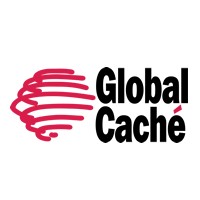
Mimo Monitors
Mimo Monitors, established in 2008, is a global expert and industry leader in small touchscreen monitors, displays, and tablets. Designed with a solutions-first approach, we believe in creating small footprint and high value displays that drive innovation and provide a seamless experience for digital signage, conference rooms, kiosks, point of purchase, point of sale, hospitality, retail, and more. Centered in providing touchscreens with human touch, we put customer service first, offering personalized, direct communication and detail-oriented service to ensure client satisfaction. Focused on flexible and customizable solutions that are designed to fit the need, our touchscreens are intuitive to use, easy to deploy, and sleek in design, all while enhancing productivity and user experience. Our world-class team has deployed Mimo Monitors solutions in locations throughout the world for Fortune 500 and leading brands such as Google, Logitech, Verifone, Hertz, John Deere, Four Winds Interactive and more. Our proprietary, cutting-edge small touchscreen solutions in tandem with our flexibility and superior customer service is what makes us the most trusted touchscreen monitor provider around the world.






